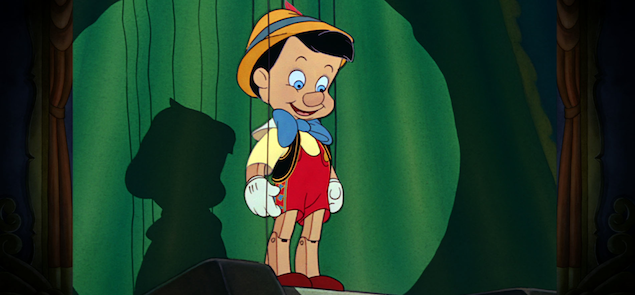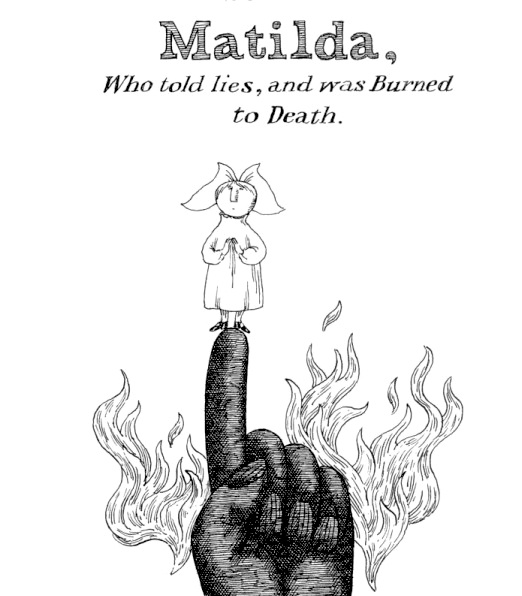
A treasure trove of original sin-related observations from a recent feature in New York Magazine. Fascinating if slightly sobering stuff:
“In the last few years, a handful of intrepid scholars have decided it’s time to try to understand why kids lie…. [In an extensive study conducted by Dr. Nancy Darling at Penn State, high-school students were] handed a deck of 36 cards, and each card in this deck listed a topic teens sometimes lie about to their parents.
‘They began the interviews saying that parents give you everything and yes, you should tell them everything,’ Dr. Darling observes. By the end of the interview, the kids saw for the first time how much they were lying and how many of the family’s rules they had broken. Darling says 98 percent of the teens reported lying to their parents.
Out of the 36 topics, the average teen was lying to his parents about twelve of them. The teens lied about what they spent their allowances on, and whether they’d started dating, and what clothes they put on away from the house. They lied about what movie they went to, and whom they went with. They lied about alcohol and drug use, and they lied about whether they were hanging out with friends their parents disapproved of. They lied about how they spent their afternoons while their parents were at work. They lied about whether chaperones were in attendance at a party or whether they rode in cars driven by drunken teens.
Being an honors student didn’t change these numbers by much; nor did being an over-scheduled kid. No kid, apparently, was too busy to break a few rules.”
“For two decades, parents have rated ‘honesty’ as the trait they most wanted in their children. Other traits, such as confidence or good judgment, don’t even come close. On paper, the kids are getting this message. In surveys, 98 percent said that trust and honesty were essential in a personal relationship. Depending on their ages, 96 to 98 percent said lying is morally wrong. So when do the 98 percent who think lying is wrong become the 98 percent who lie?”
“By their 4th birthday, almost all kids will start experimenting with lying in order to avoid punishment… Most parents hear their child lie and assume he’s too young to understand what lies are or that lying’s wrong. They presume their child will stop when he gets older and learns those distinctions. [Researchers] have found the opposite to be true – kids who grasp early the nuances between lies and truth use this knowledge to their advantage, making them more prone to lie when given the chance.”
“By the time a child reaches school age, the reasons for lying become more complex. Avoiding punishment is still a primary catalyst for lying, but lying also becomes a way to increase a child’s power and sense of control – by manipulating friends with teasing, by bragging to assert status, and by learning he can fool his parents.”
“Many books advise parents to just let lies go – they’ll grow out of it. The truth is, kids grow into it.”“Pushing a teen into rebellion by having too many rules was sort of a statistical myth. ‘That actually doesn’t happen,’ remarks Darling. She found that most rules-heavy parents don’t actually enforce them. ‘It’s too much work,’ says Darling. ‘It’s a lot harder to enforce three rules than to set twenty rules.’
A few parents managed to live up to the stereotype of the oppressive parent, with lots of psychological intrusion, but those teens weren’t rebelling. They were obedient. And depressed.”
“In the thesaurus, the antonym of honesty is lying, and the opposite of arguing is agreeing. But in the minds of teenagers, that’s not how it works. Really, to an adolescent, arguing is the opposite of lying.”

COMMENTS
2 responses to “Ask Me No Questions, I’ll Tell You No Lies (Mom)”
Leave a Reply














Hence explaining my inept ability to lie, as my father and I could/can never cease argument…and if and when the occasion occurs he assumes I am depressed. 🙂
Hi Dave. Here’s a C.S. Lewis quote from chapter 6 of MIRACLES which you might find interesting:
The moral ideas of the individual are equally related to his general situation: it is no accident that parents and schoolmasters so often tell us that they can stand any vice rather than lying, the lie being the only defensive weapon of the child.
Lewis’s penetrating observation is that childhood relation to adults, even in the best homes and schools, is necessarily one of warfare; owing not simply to cussedness but to the fact that children are powerless in a world in which grownups control everything. If an adult had the same degree of power exercised over him that a child has, he’d immediately conclude he was living in a Soviet state.